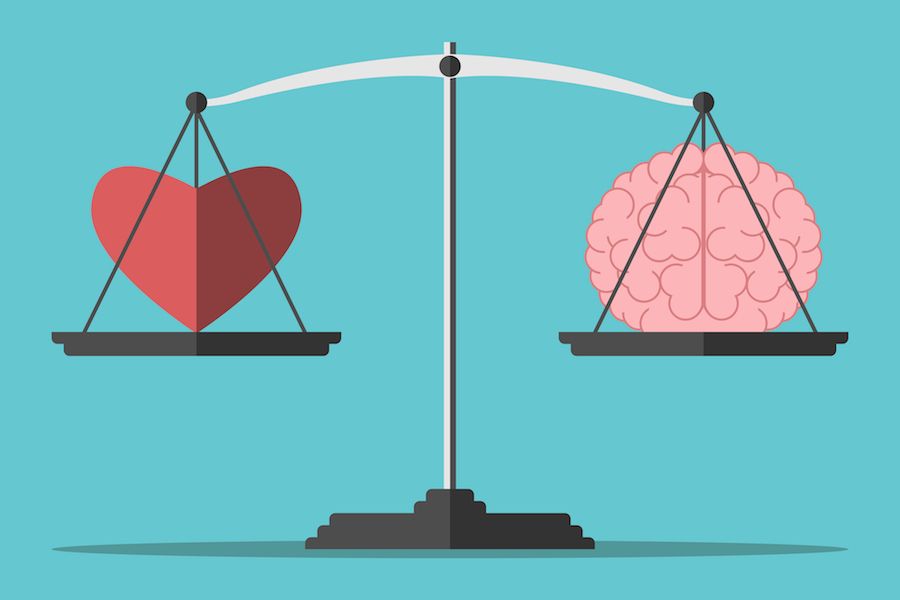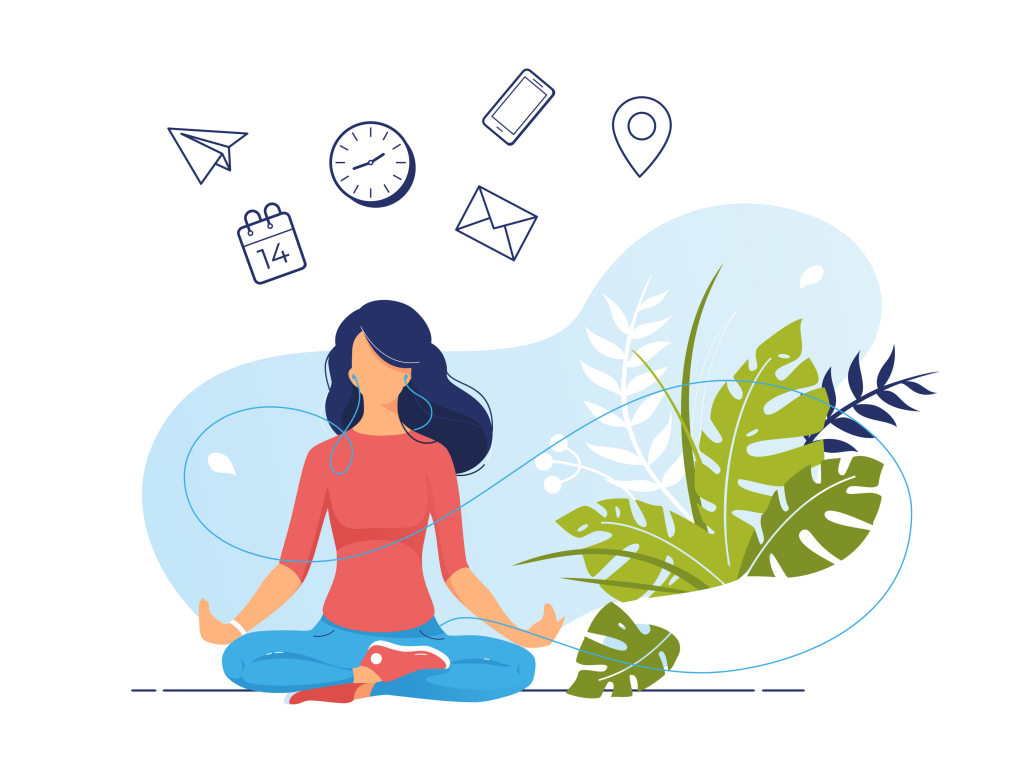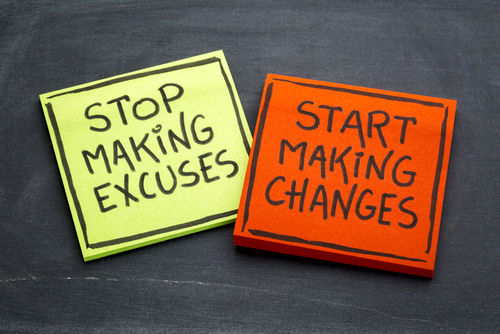From Aches to Zzz’s: 9 Reasons to Love the Complete Sleepe
1. Designed for Real Bodies
We’re all built a little differently—tall, short...
read more
Love your knees!
The knee joint is the largest joint in the human body. It is also quite complex, as it is actually made up of two joints. Three...
read more
Turn Up The Heat: How Heat Therapy Can Help with Pain Manage
Using a heat pack is an easy and effective way to provide temporary pain relief. Heat therapy is commonly recommended to musculoskeletal discomfort, as it help relax muscles, improve circulation, and ease muscle ... read more
Why Your Feet Deserve Archies: The Everyday Upgrade You Didn
There’s something satisfying about slipping on your favourite pair of thongs and heading out for the day. Maybe it’s a stro...
read more
Anti-Inflammation Diet
There is a lot of interest in anti?inflammatory diets at the moment, and for good reason. Chronic inflammation is very common a...
read more
The Effect of Stress on your Immune System
read more
Injury Prevention: How accurate can we be?
Injury prevention is every athlete’s dream. Imagine being able to do what you love—exercise, sport, outdoor activities—without getting injured. While that sounds ideal, the reality is a bit more complex.
Can we rea... read more
How can your Osteopath help your child?
Kids Osteopath Ascot Vale: Gentle Support for Growing Bodies
Kids osteopath Ascot Vale offers gentle, safe care for c...
read more
Understanding LDL Cholesterol: The Silent Culprit behind Car
In recent years, cardiovascular diseases have become a leading cause of morbidity and mortality worldwide. Among the numerous factors contributing to these conditions, LDL cholesterol has gained significant attention. LDL, or ...
read moreManual Therapy and Exercise – A Recipe for Success
Osteopaths and other manual therapists have often been called “magicians”. While that’s a flattering compliment, the real...
read more







I can see this as a tips and advice. Thank you for this article.